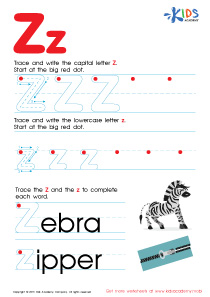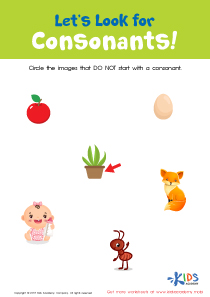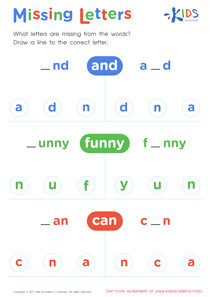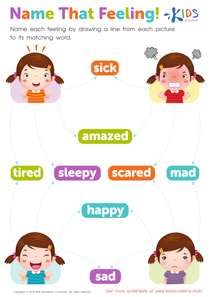Letter recognition Extra Challenge Tracing Letters Worksheets for 3-Year-Olds
7 filtered results
-
From - To
Introducing our Letter Recognition Extra Challenge Tracing Letters Worksheets for 3-Year-Olds! Designed to give your little learner an edge, these expertly crafted printables enhance letter recognition and fine motor skills through engaging and enjoyable tracing activities. Each worksheet is tailored to challenge young minds, encouraging improved focus and hand-eye coordination while making learning fun. Perfect for both classroom and home use, our extra challenge tracing worksheets ensure a great foundation in early literacy. Start preparing your child for reading and writing success with our trusted and proven resources from Kids Academy. Download now and see the difference!


Letter R Tracing Page


Letter X Tracing Page
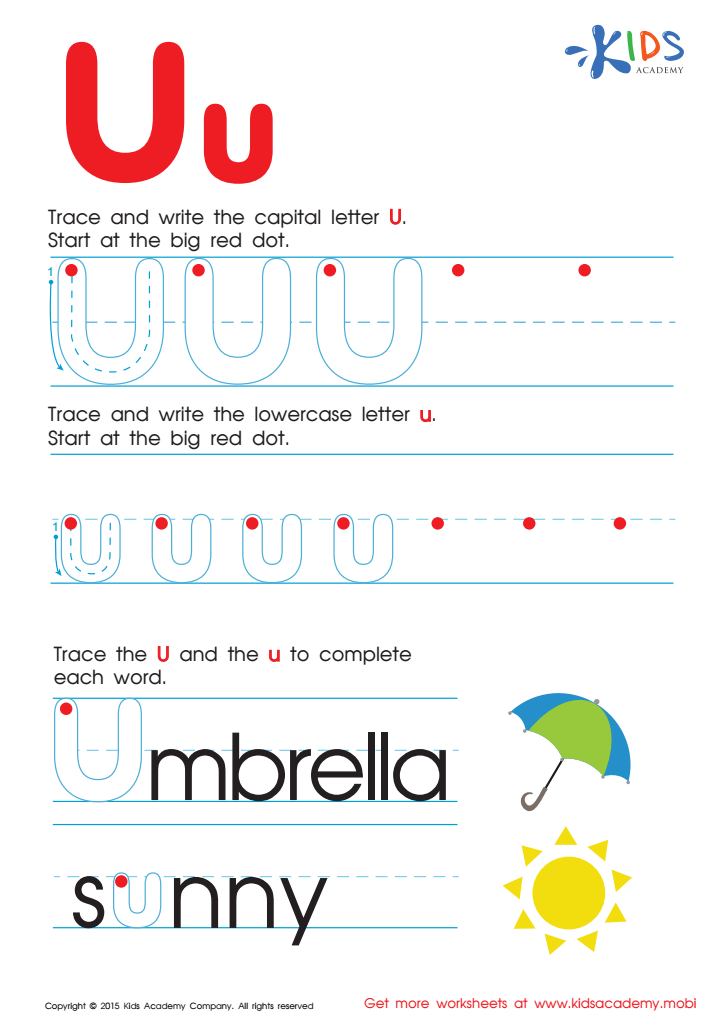

Letter U Tracing Page
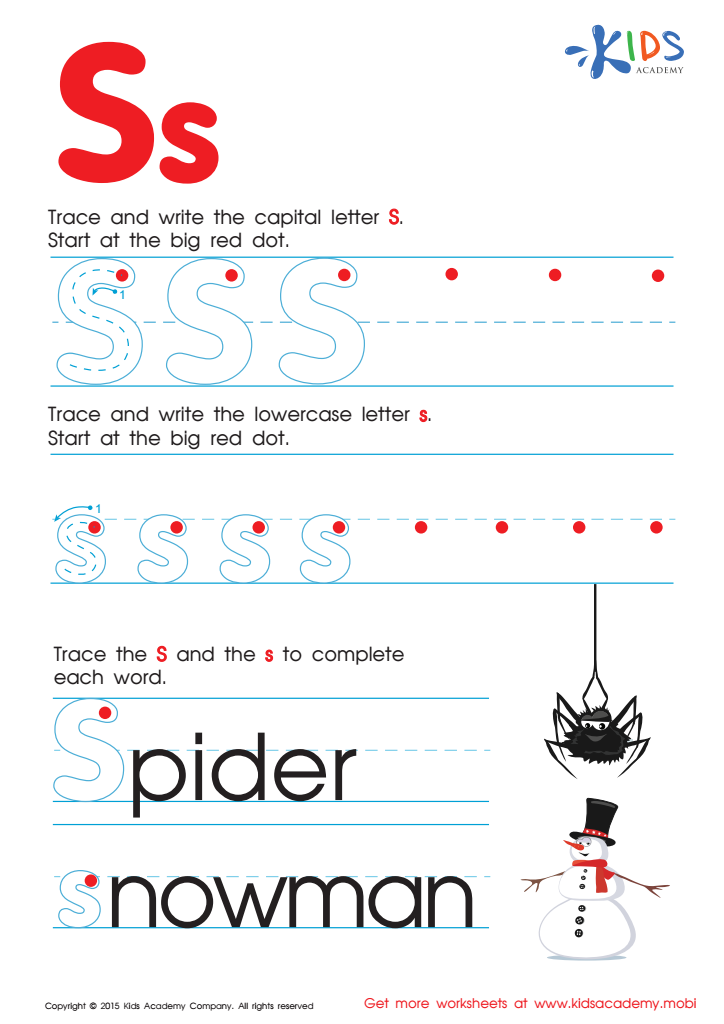

Letter S Tracing Page
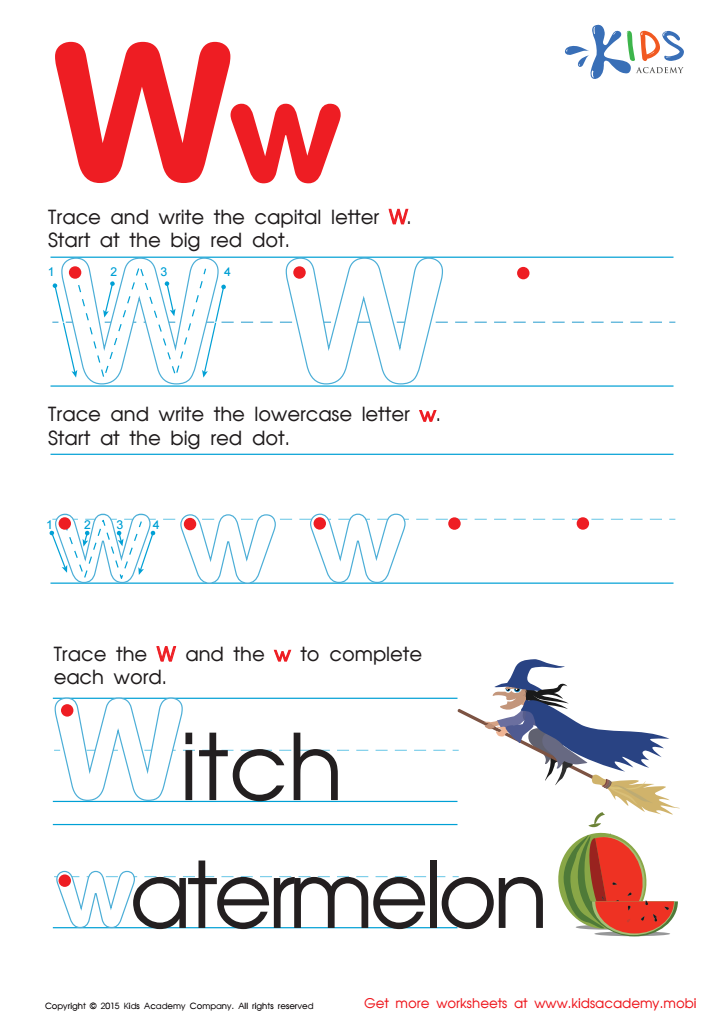

Letter W Tracing Page
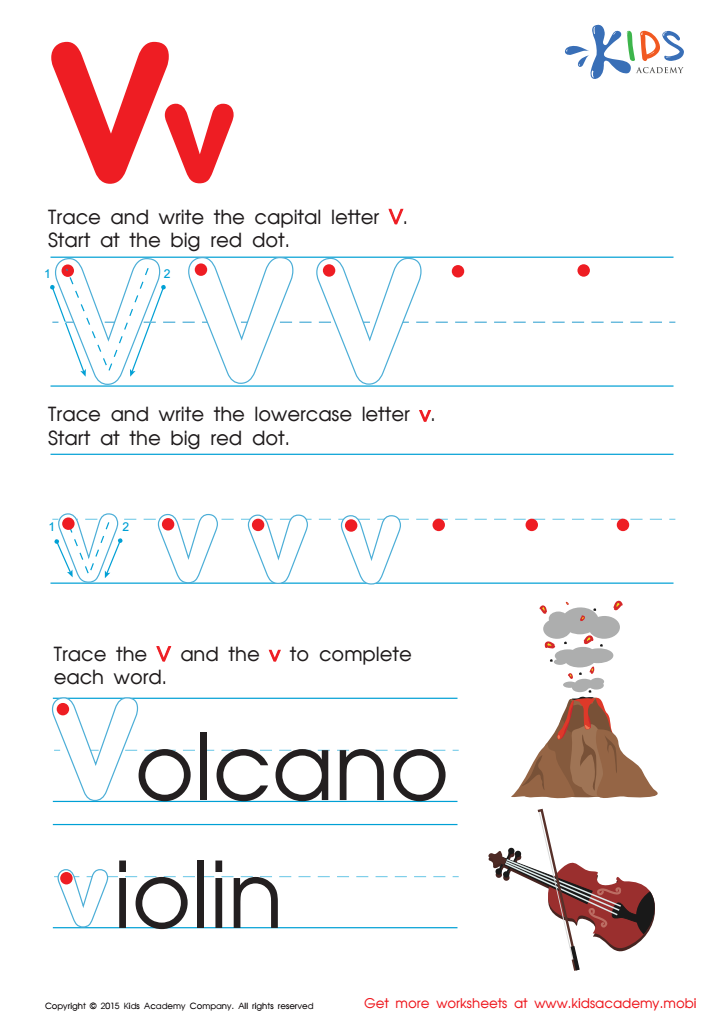

Letter V Tracing Page
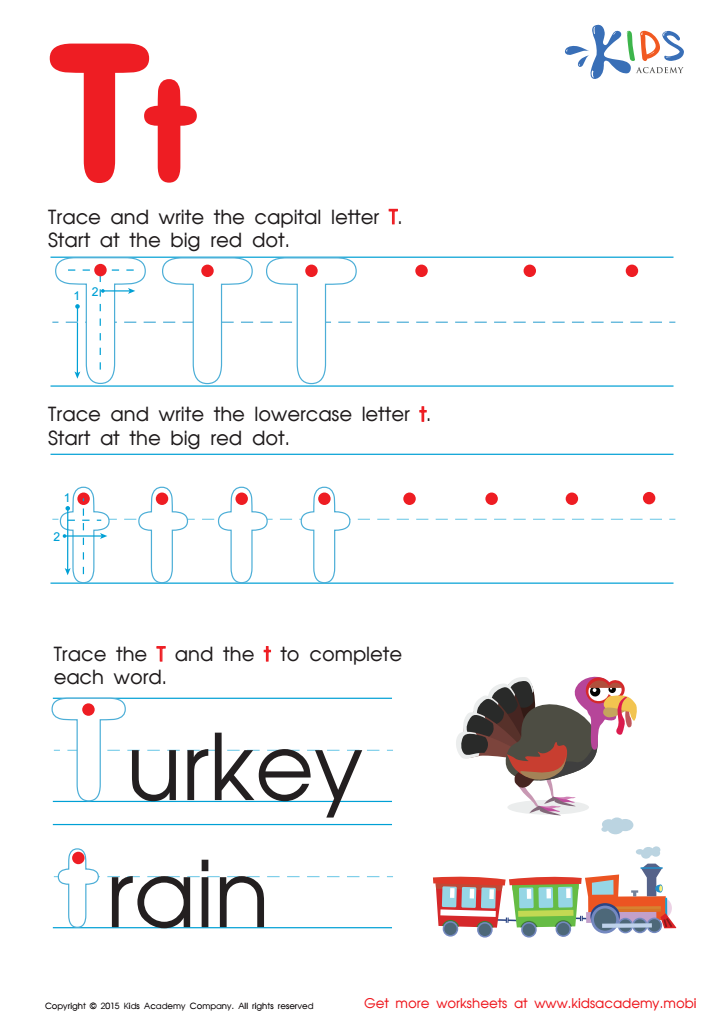

Letter T Tracing Page
Letter recognition is a foundational skill essential for early literacy development. For 3-year-olds, engaging in extra challenge activities like tracing letters can be particularly beneficial. These activities help children differentiate between various letters, fostering familiarity with their shapes and sounds. Early recognition equips children with the tools needed to pronounce and understand words, facilitating successful reading experiences later on.
The extra challenge provided by tracing activities goes beyond basic recognition. It promotes fine motor skill development as young children practice holding pencils and carefully following lines. This not only contributes to their ability to write letters correctly but also enhances overall hand-eye coordination and control over writing instruments, which are crucial skills for academic success.
Moreover, these tracing activities can improve cognitive abilities. As children concentrate on following sequences, they enhance their memory, attention to detail, and problem-solving skills. These cognitive benefits extend across various learning domains, promoting a well-rounded intellectual development.
Lastly, engaging in such activities can instill a love for learning from an early age. The sense of accomplishment children feel upon successfully tracing letters can boost their confidence and curiosity, encouraging a positive attitude towards future educational endeavors. For both parents and teachers, investing time in letter recognition through extra tracing challenges fosters a holistic approach to early childhood education.
 Assign to My Students
Assign to My Students









